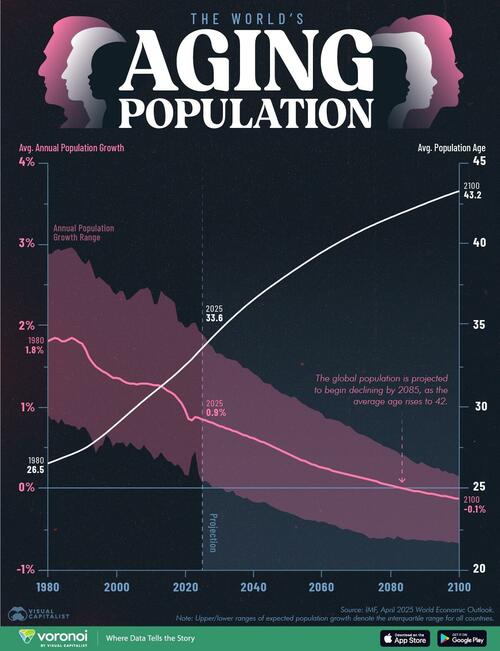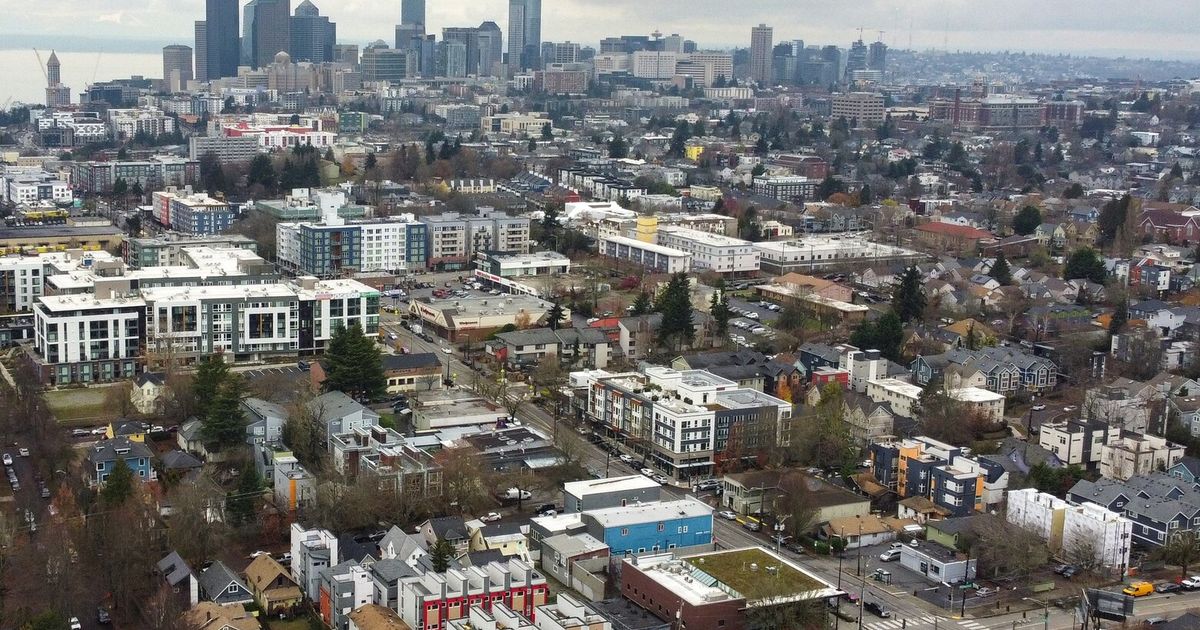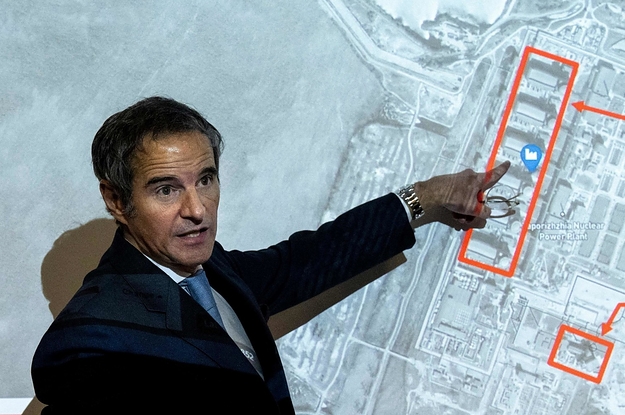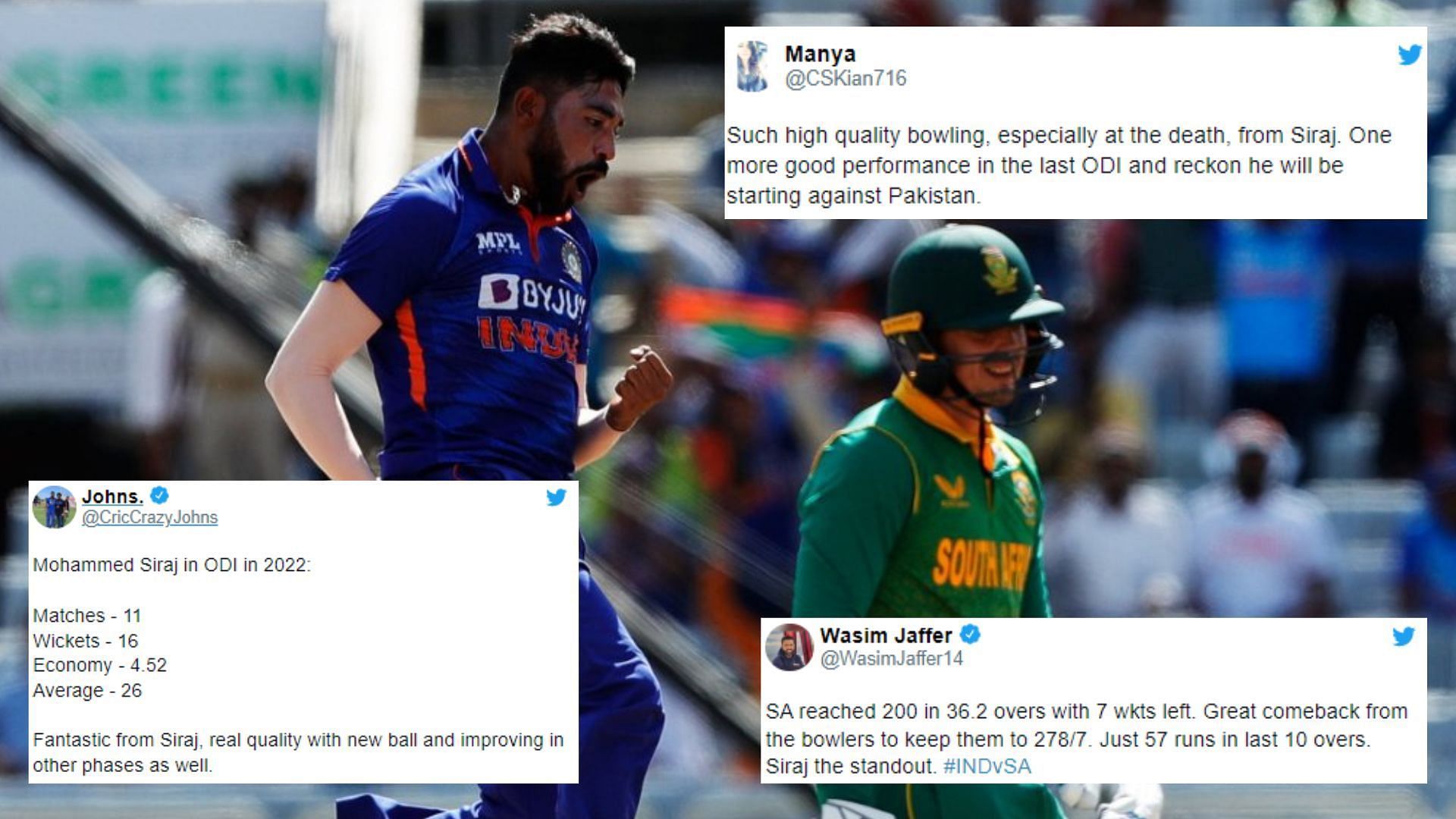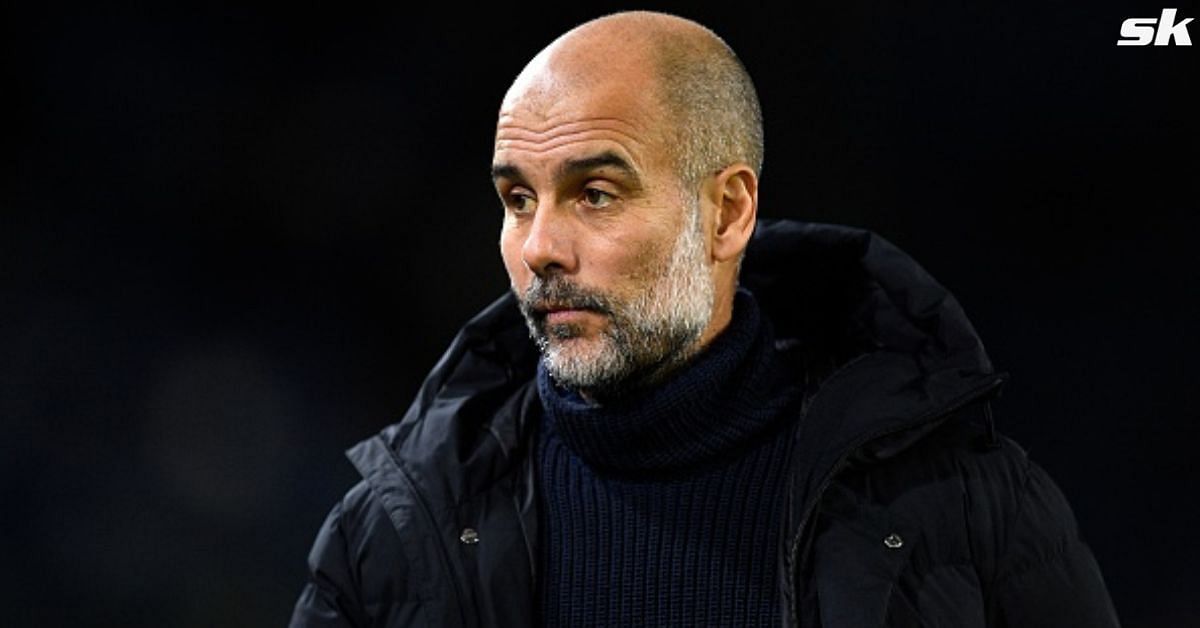The Bharatiya Janata Party torments its rivals in a few ways. The least painful is when it wins elections fairly. Everything else involves a heavy hand. Other parties have accused the BJP of buying off their politicians. It got Congress leader Rahul Gandhi disqualified from Parliament, they say, after a BJP functionary won a court ruling against him for “criminal defamation” of the ‘Modi’ surname; before that, it got a Congress politician arrested for getting Prime Minister Narendra Modi’s middle name wrong; also, the BJP uses governors appointed by it to paralyse states it does not run. Several political parties also accuse the BJP of using the Enforcement Directorate to fix its rivals. Delhi’s deputy chief minister Manoj Sisodia was arrested on a corruption charge that they claim is bogus. Meanwhile, they contend, BJP leaders who are accused in financial scams do not face any heat. And that the Gujarat government, which is controlled by the BJP, has misused its “privilege” to acquit men convicted of rape and murder.
None of this has affected the party’s performance in elections, especially in North India. Through elections, legal loopholes and litigation, the BJP has become a formidable political force. It has been trying to make inroads in the south and has succeeded only in Karnataka, which goes to polls in May. But several projections show the BJP performing poorly. In the south, the BJP is a foreboding to many. If its political tactics continue, something has to give. I have a theory that the south may ask why it can’t be free of Delhi.
At the moment, the idea of southern states threatening to secede or even form a political bloc is far-fetched, but an emotional foundation already exists for an extraordinary revolt in the future. Just one element is missing.
The five southern states, Tamil Nadu, Kerala, Andhra Pradesh, Telangana and Karnataka, have a vague sameness about them and a clear distinction from the north. They have their own riparian, lingual and ethnic discords, and within these states, there are caste and religious divisions, but they have always had a collective grouse—the north’s political domination of India. This wariness is a reason why when Modi visits Tamil Nadu, he needs to speak in English, even to the poor who come to see him. It may sound odd for a nationalistic prime minister to speak in English to Indians, but he has to endure it. Hindi remains a symbol of the north, and the conceit of the south is that it finds English more palatable. This has no emotional basis anymore, but the south is not going to make things easy for the north.
The political swag of the south ensures that there may be no such being as the ‘Indian nationalist’, there is only the North Indian nationalist.
Traditionally, South Indian politicians have disliked the powers of the central government, especially when a single party has controlled it. Like the Congress, the BJP too has harassed states. Recently, Tamil Nadu passed a resolution against its governor for stalling bills passed by the state’s legislature. The state’s chief minister, M.K. Stalin has spoken out against the BJP’s ways. A few days ago, he wrote a letter asking all states that are not governed by the BJP to pass similar resolutions against their governors, the appointees accused by BJP rivals of frustrating states that do not toe the Centre’s policies.
In 2022, when the Centre questioned the habit of some states to give away freebies to people, Tamil Nadu finance minister, Palanivel Thiagarajan told a magazine, “Either you must have a constitutional basis to say what you are saying, in which case we all listen, or you must have special expertise… or you must have a Nobel Prize or something that tells us you know better than us. Or, you must have a performance track record…”
A few days ago, when Modi visited Telangana, the state’s Chief Minister K. Chandrasekhar Rao did not attend Modi’s public events. They insulted each other. Major politicians from Kerala, Andhra and Karnataka, too, have expressed their dislike for the Centre’s muscle-flexing.
But no one of any significance in the south has, in recent times, talked of seceding from India. And that is not only because it might be a crime. There is no emotional support for the idea. But that could change if three things happen. One, the BJP grows stronger and stronger in the north, continuing to repress other political parties and the states it does not govern. The second factor is a major economic shock that could be attributed to the central government, something like ‘demonetization’ or even a major recession. The third is the rise of a South Indian strongman who could use these factors to ask a disturbing question: What does the south lose by leaving the north?
Such a strongman may head an unambiguously Hindu party, and be a popular figure across the five states, like some South Indian actors have been in the past. He might be a man who understands that concepts like ‘federalism’ are too fancy to transmit to people and that a simpler story of villains would work. He could follow the very blueprint used by the BJP to tell an influential story and gain political stardom.
There can be an argument that no matter what the circumstances, nothing can take on the idea of India. But the fact is no one knows what keeps India together. The quickest way to get Indian intellectuals to bloviate is to ask them what keeps India together. I have heard “English”, “cricket’ and “Bollywood”. I think there are no reasons. A nation is simply a habit. As time goes by, it becomes a stronger habit that is harder to break. But then South India, too, is a habit.
Manu Joseph is a journalist, novelist, and the creator of the Netflix series, ‘Decoupled’
Download The Mint News App to get Daily Market Updates.
More
Less





